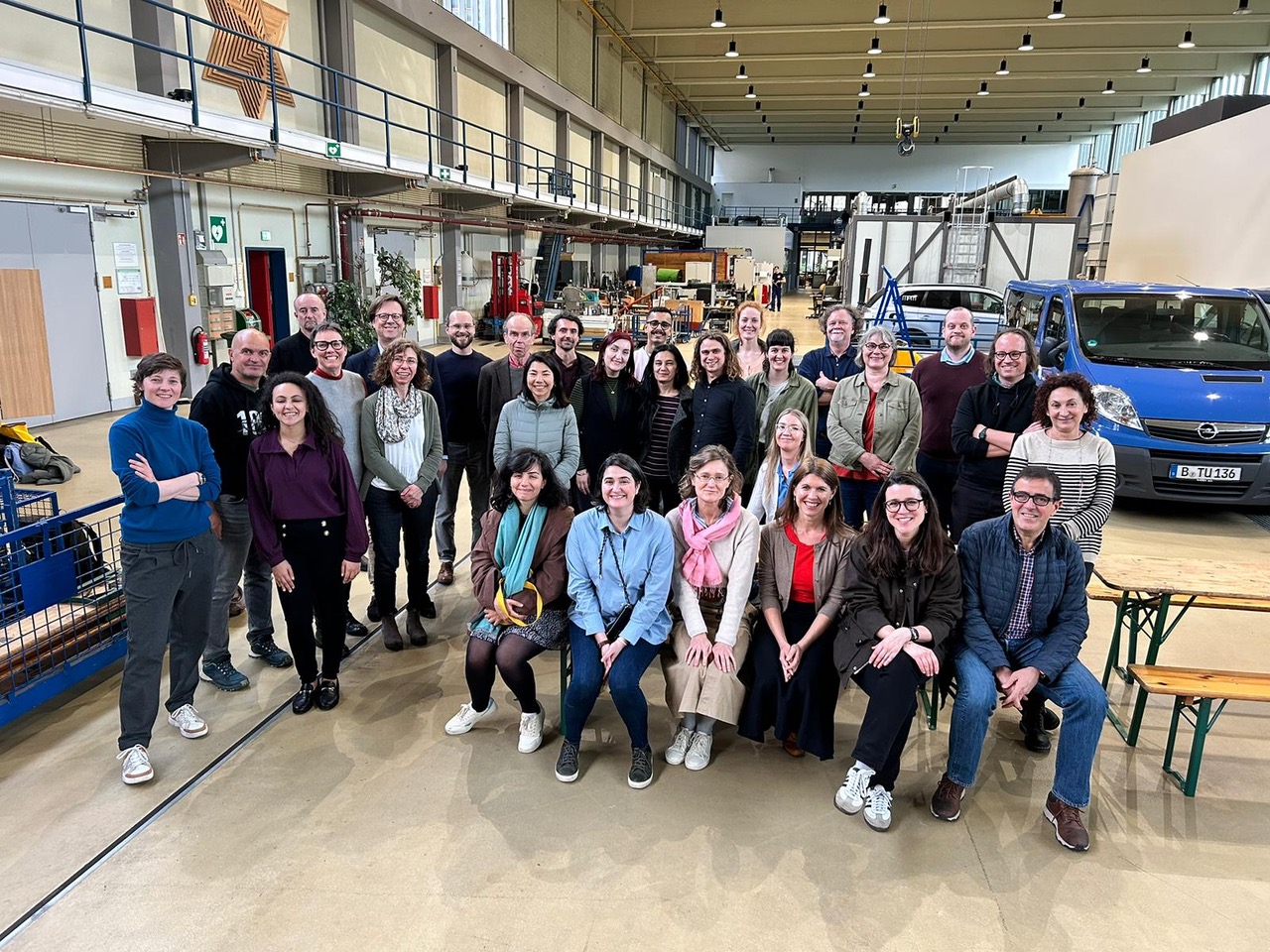Democracy in Engineering Education The underlying question "Crocodile or Octopus?" was not properly answered during…
Meeting the Challenges of Engineering Ethics Education
A Workshop on ETHICS AND ENGINEERING EDUCATION
TU/Eindhoven, the Netherlands, 12 – 13 December 2019
The Ethics Special Interest Group of the European Society for Engineering Education (SEFI) is organizing a dedicated workshop on Ethics and Engineering Education. Download the invitation in PDF format
Teachers in engineering faculty face several challenges in teaching ethics. This workshop focusses on mutual support for solving these challenges. The workshop will be clustered around 4 relevant themes. Participants are also invited to identify the issues they would like to address at the workshop with a view to developing solutions they can take ‘back home’.
Seminar Themes:
Participants are invited to propose additional themes, questions or issues to discuss.
- Educational methods: Learning activities, learning materials and other educational elements have a large impact on students’ motivation, basic needs, engagement and deep learning. See for example: 2MIN video impression.
>> We will exchange educational methods and discuss adaptation to your context.
- Assessment of students and evaluation of quality of ethics courses: Increasing the quality of student assessment and determining the effect of ethics courses can be tough challenge. See for example.
>> Different ways of assessing students in ethics courses and evaluating quality (effectiveness, learning goals …) of ethics courses will be shared and possible applications in your context will be discussed.
- Framing “Engineering ethics”: Framing engineering ethics is a must! You might feel comfortable with a definition like this: Engineering ethics is the study of related questions about the moral ideals, character, policies and relationships of people and corporations involved in technological activity (Martin and Schinzinger, 1996).
>> We will strengthen our reflection on and understanding of what engineering ethics is for our current time frame and in your context.
- Evidence informed redesign: Teaching methods appear to be often driven by custom-and-practice (‘I teach the way I have seen others teach this material‘) or by naive experimentation (‘I have an idea to try out‘). Yet, there is now growing evidence about what methods and approaches are effective in increasing student learning.
>> We will come up with practical ideas about how teaching of engineering ethics can be informed in your context by the evidence available on how people learn to think, feel and act ethically.
Practicalities:
- Date: Thursday, 12 December, 9:00; to Friday, 13 December, 13:00.
- Venue: TU Eindhoven, the Netherlands. More info will follow for participants.
- Subscribe and questions: Send email to Gunter Bombaerts, g.bombaerts@tue.nl before Sunday, 1 December.
- Proposals for other themes can be submitted until Friday, 15 November.
Looking forward meeting you!
The SEFI Ethics Special Interest Group:
Roland Tormey (EPFL), Manfred Hampe (TU Darmstadt), Diana Adela Martin (TU Dublin); Thomas Staley (Virginia Tech), Janna van Grunsven and Pieter de Vries (TU Delft), Ester Giménez Carbó (Universitat Politècnica de València), Gunter Bombaerts (TU Eindhoven).

